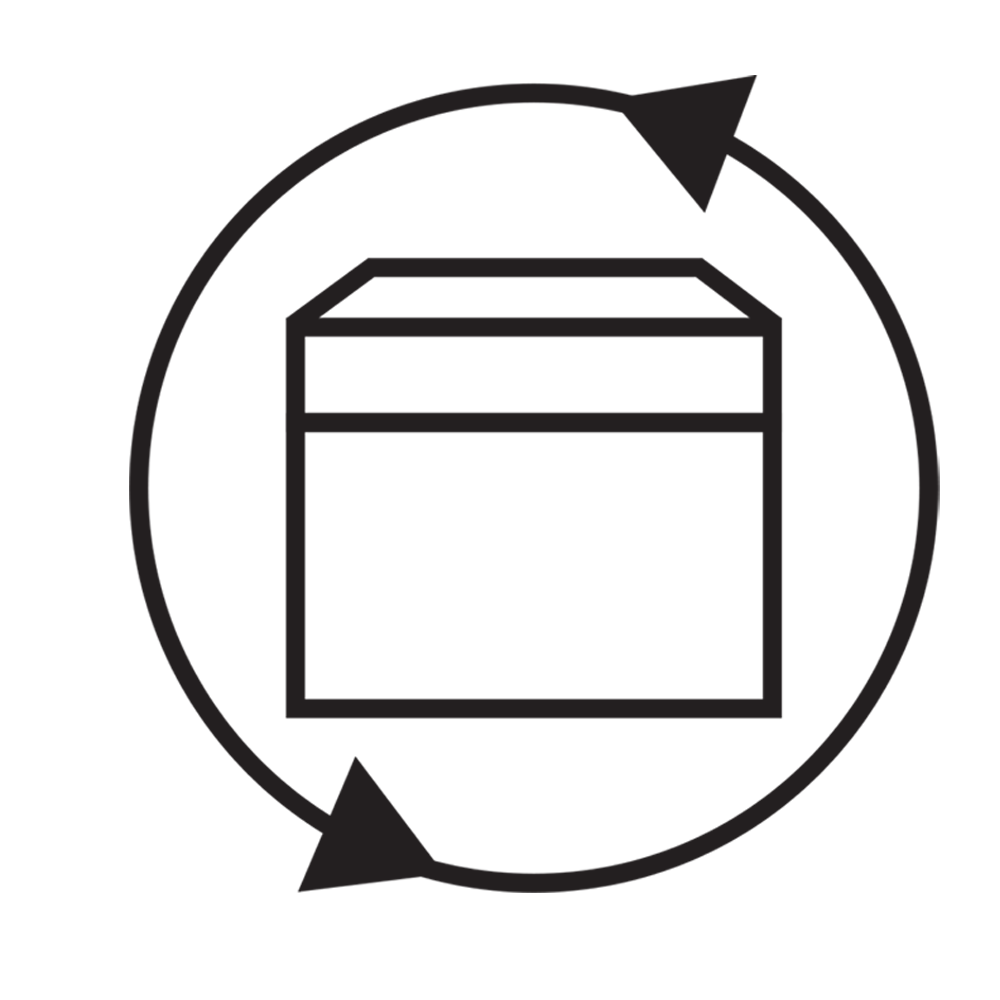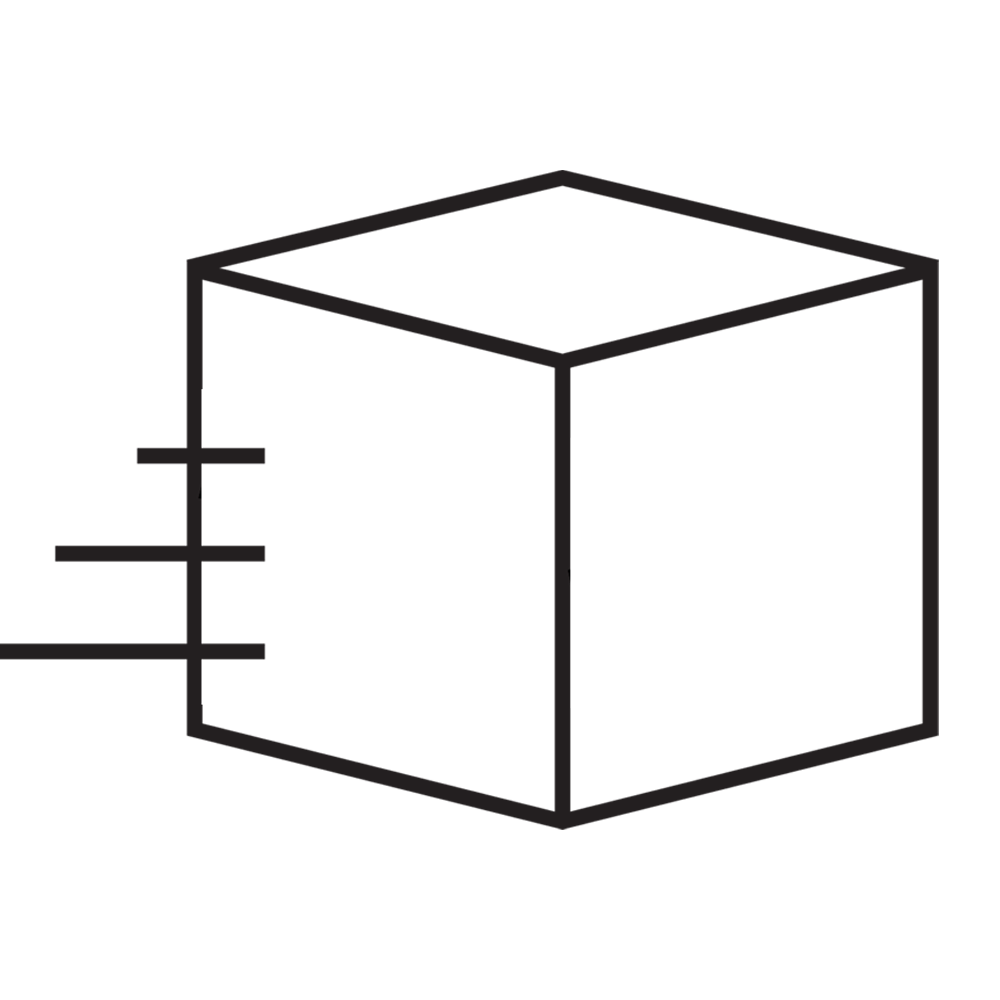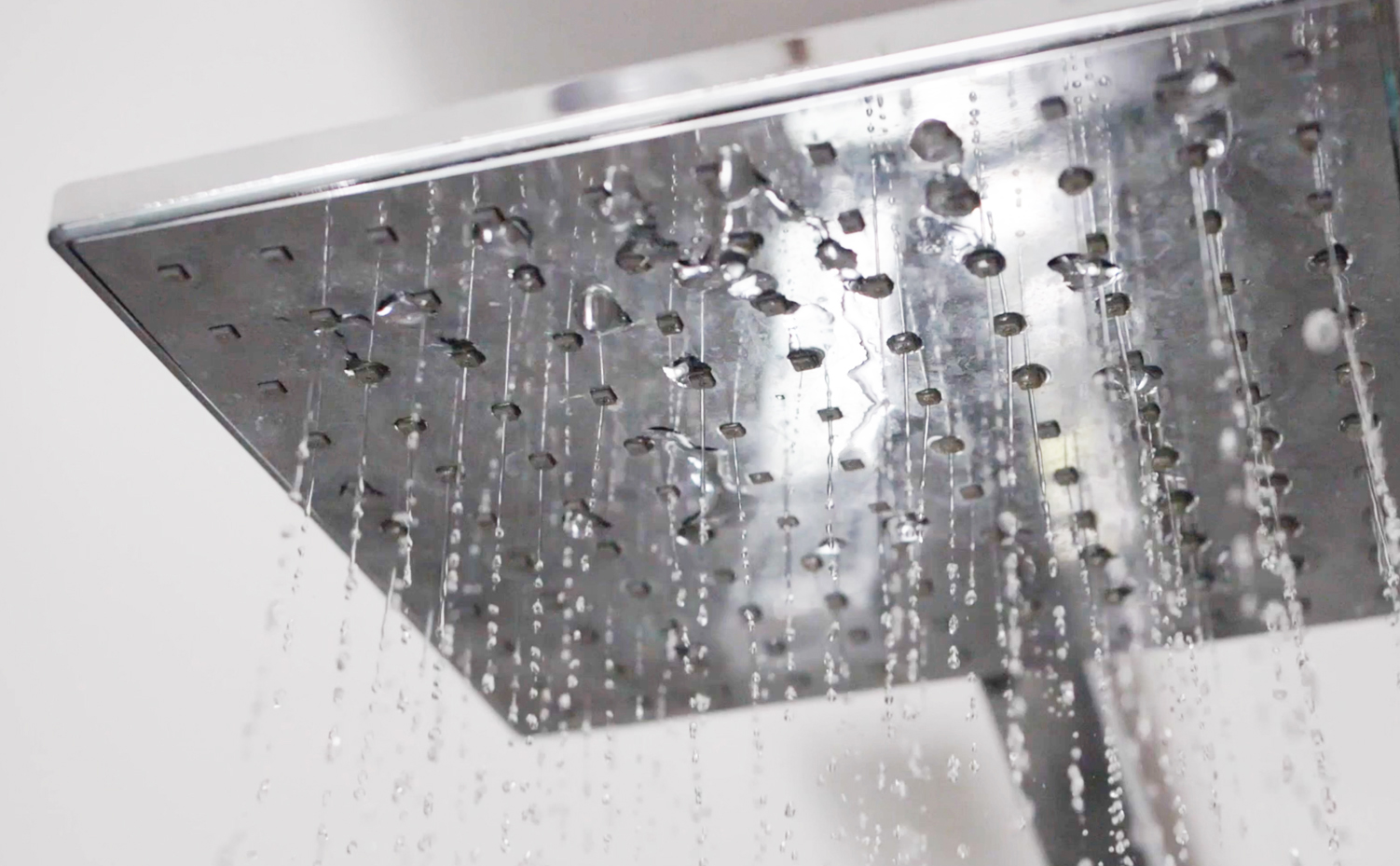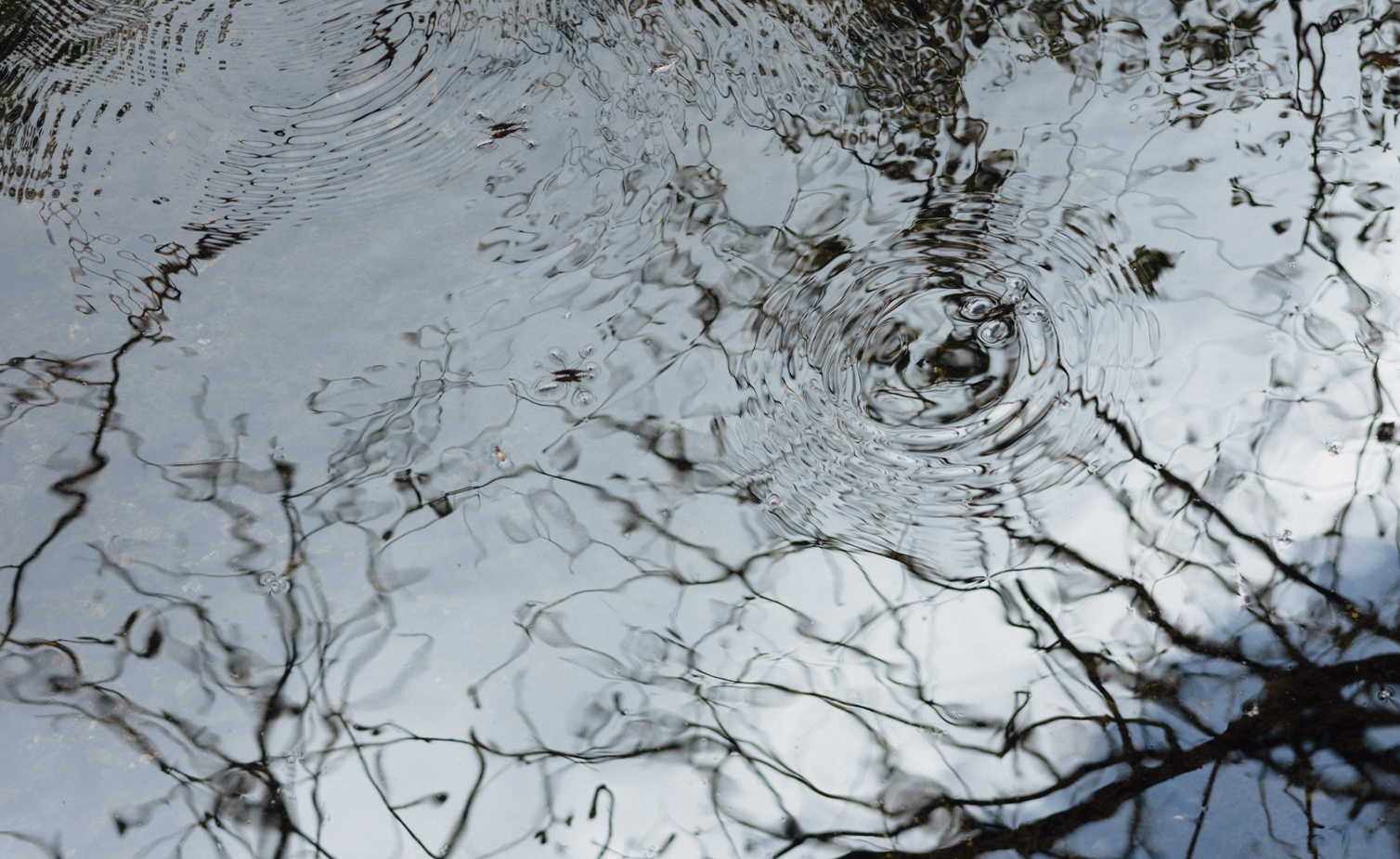A brand new year.
It’s a clean slate, a new start, a chance to begin again.
But just like a clean white shirt, a fresh carpet of snow on the ground, or an unspoiled piece of paper, we know that good intentions tend to slip and slide as time goes by!
We might make mistakes, give up for a while and get back on track, forget to follow the new plan, slip into our old ways or – inevitably – find more pressing and important things to do.
But that’s all ok. We’re only human, and we can’t be perfect – nor would we want to be!
New Year’s Day simply offers us the chance – and the choice – to make a few adjustments that we think might benefit ourselves, and others close to us. So let’s be kind to ourselves, and be realistic about any changes we make. That way, we’re more likely to enjoy the new challenges and less likely to lose motivation.
Setting goals is good – and reaching them is rewarding. But we’re all different, and this calls for different approaches.
A typical resolution might be built around ‘being healthier’. Some people may respond to a goal that is measured and timed, such as ‘I’m going to do 30 minutes of yoga and have three different types of vegetable each day’. Others might be de-motivated by such structured targets, and prefer a more general, flexible statement like ‘I’m going to be more active and eat fewer processed foods’.
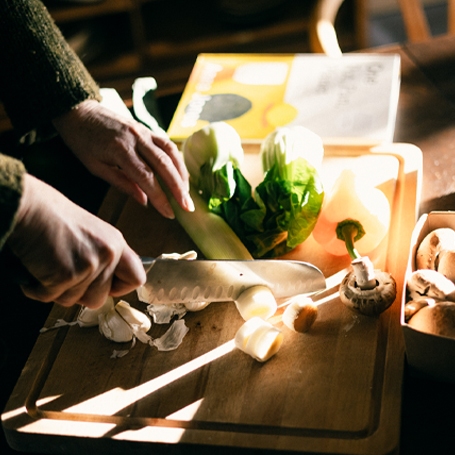
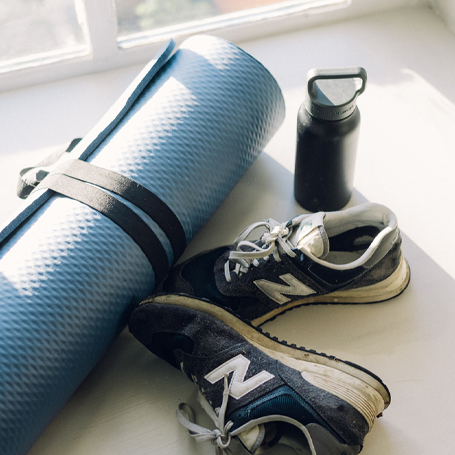
If you can decide beforehand what kind of statement motivates you the most, not only will you have a better chance of staying on track, but you’ll also get to know yourself better! Taking time to sit and meditate on this is a useful exercise. It doesn’t take too long… just envisage yourself saying these two kinds of statement. Then, decide which one makes you feel more positive and energised about whatever goal you have set!
Perhaps you want to contribute more to helping the environment this year. You may decide to limit your purchase of products with non-recyclable packaging, or you may go further and stop buying such products all together. For some, small steps are more appropriate, while for others, going ‘all in’ is the only way. Making your choices wisely and mindfully, knowing what will work for you practically, is key.
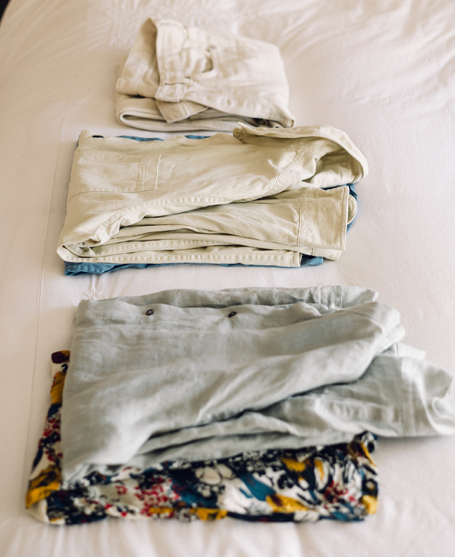

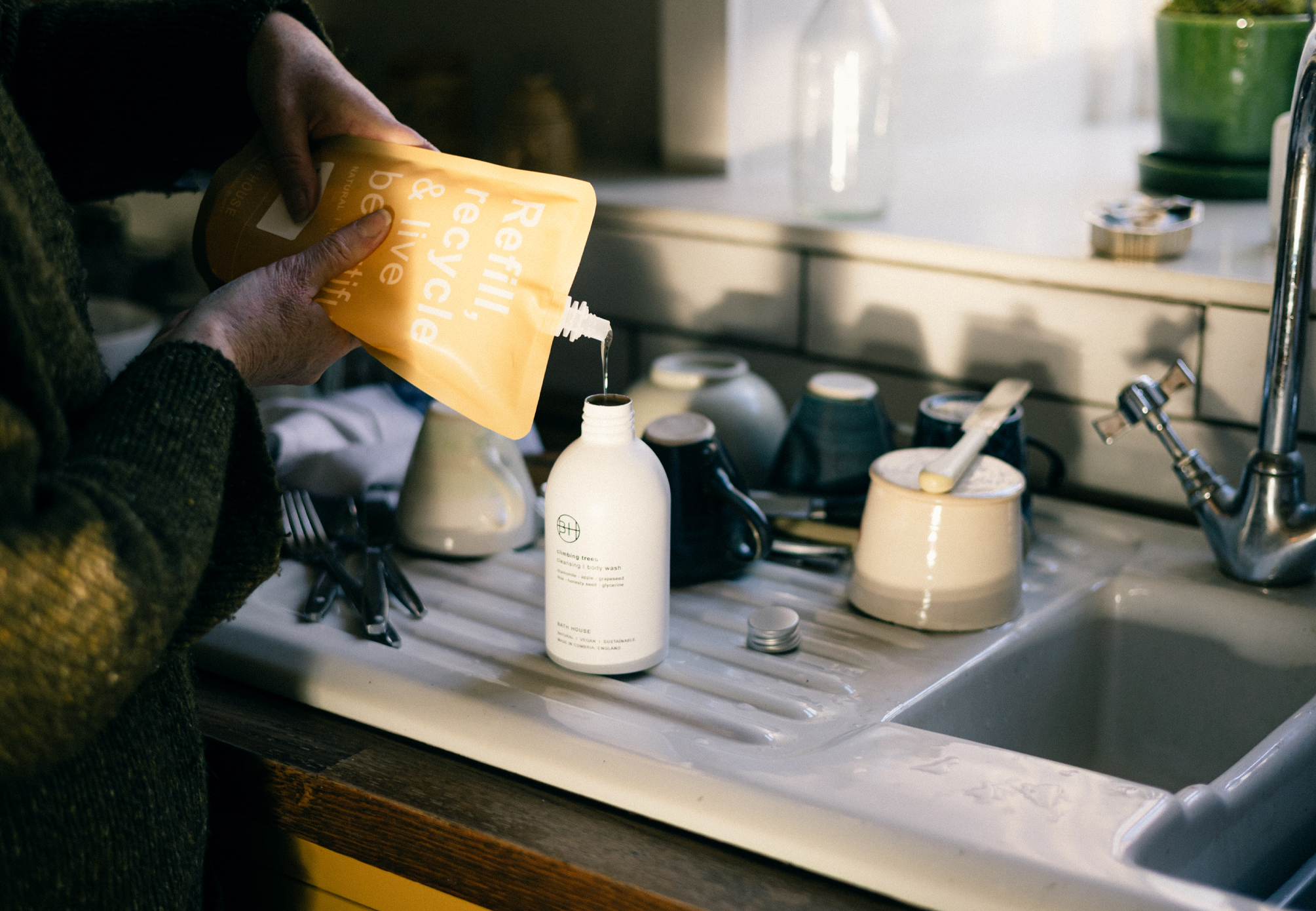
Pushing our boundaries can bring renewed confidence in our capabilities. If you have a talent that you’ve not tapped into for a while, a new year can be a great time to bring it to the fore. Are you an artist? A baker? A musician? There is no pressure here – simply an invitation to discover ourselves again. It may be that you have been planning to look up an old friend, join a choir or walking group, clear out the garage. Small, tentative steps or ‘just go for it!’ Which method is right for you?
The month of January was named after the two-faced Roman god Janus. He wasn’t two-faced in the colloquial, metaphorical sense, but in a much more literal way. The god of doors and gates, he simultaneously looked back at the old year, and ahead to the new one – quite easy to do when you have two faces!

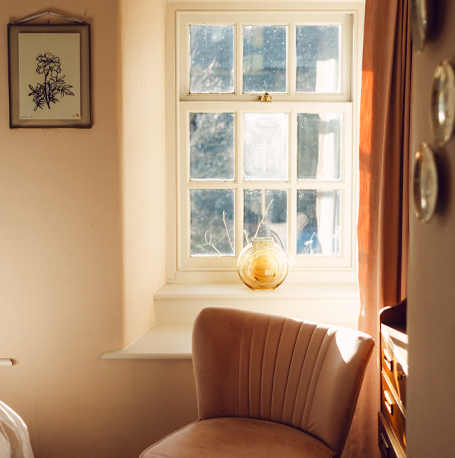
We recognise our ups and downs as a manifestation of the ying and yang of life, the twists and turns, the ebb and flow – the dusk and the dawn.
And talking of new dawns… here’s to 2024! And a Happy New Year to you all.
